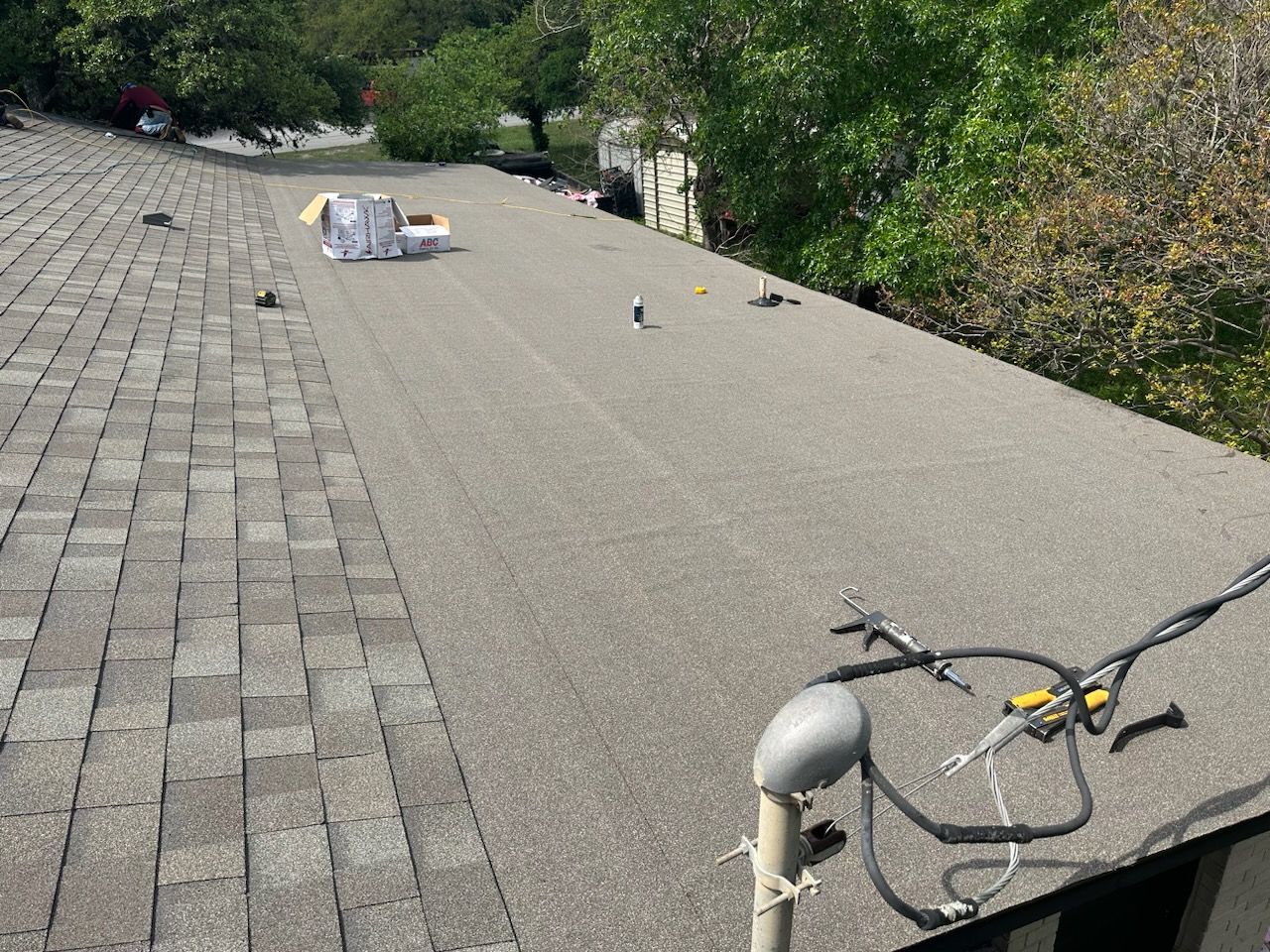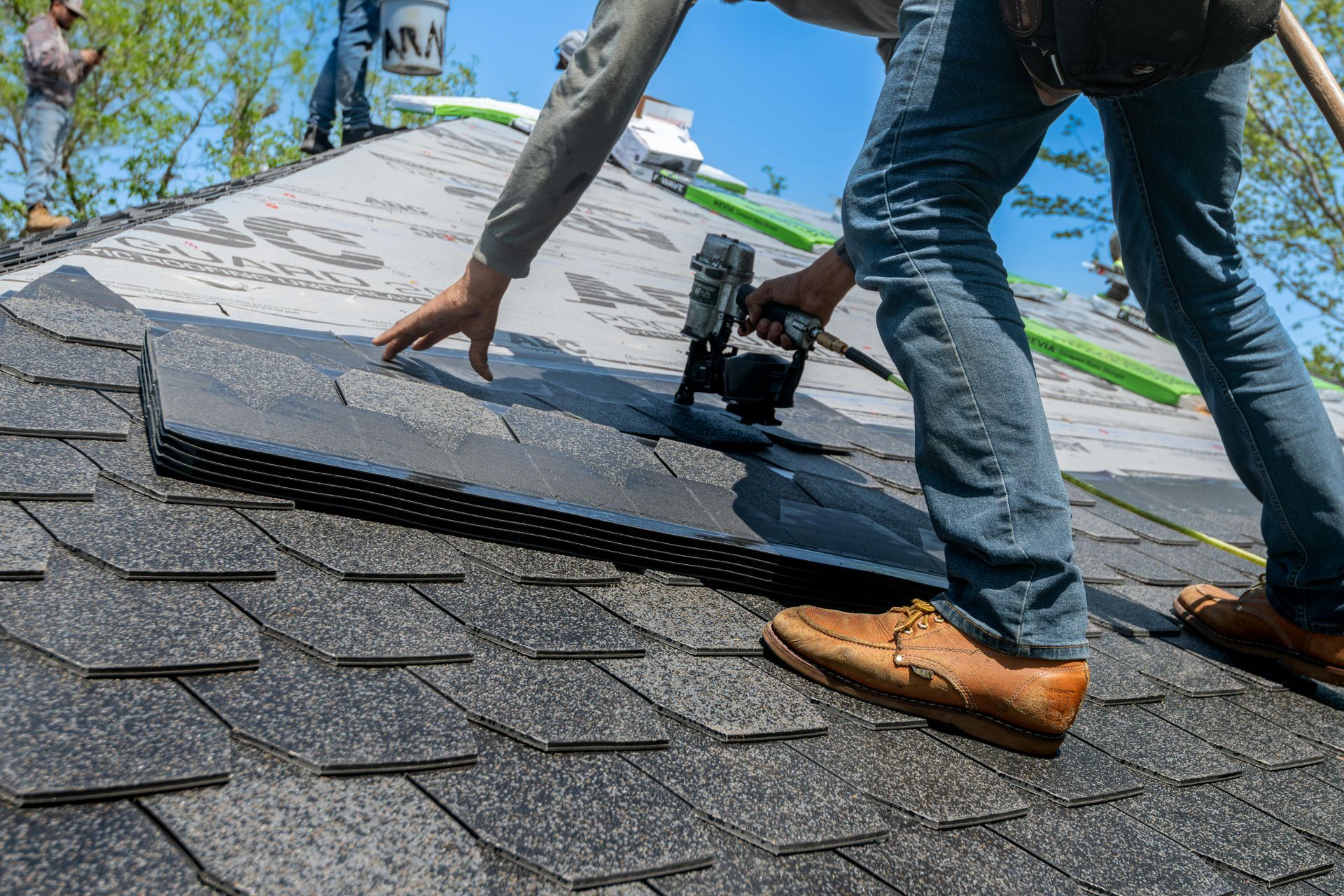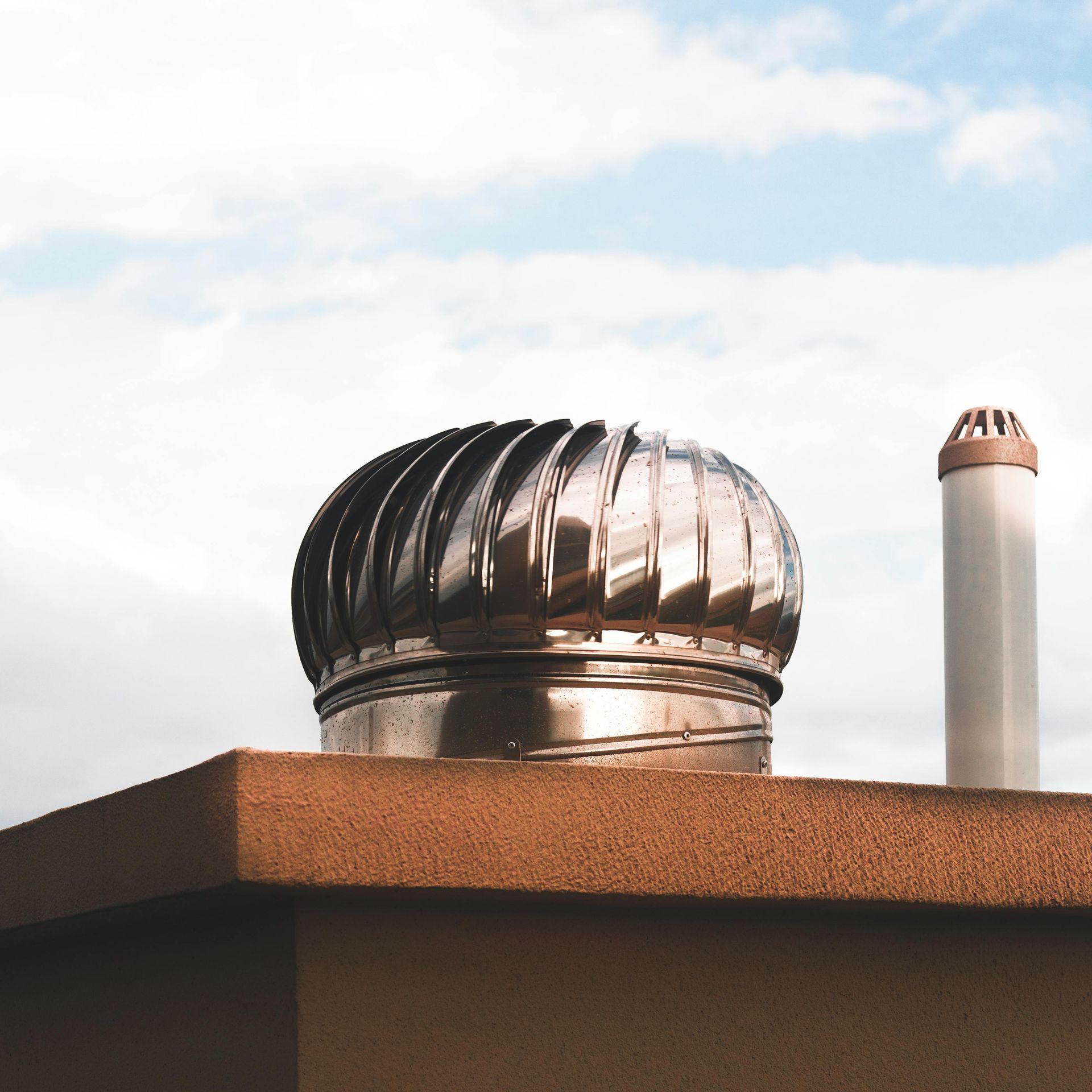How to Choose the Right Roofing Contractor for Your Home or Business
Choosing the Right Roofing Contractor for Your Home or Business

When it comes to maintaining or replacing your roof, choosing the right roofing contractor is crucial. A well-installed roof protects your home or business from the elements, enhances curb appeal, and can even improve energy efficiency. However, with so many options available, how do you ensure you’re making the right choice? Here are some essential tips to help you select the best roofing contractor for your needs.
1. Check Credentials and Experience
Before hiring a roofing contractor, verify their credentials. Ensure they are licensed and insured in your state. A reputable contractor should have liability insurance and workers' compensation coverage to protect you from potential liabilities. Additionally, look for contractors with a solid track record and years of experience in the industry. Experienced contractors are more likely to handle unexpected issues that may arise during the project.
2. Read Reviews and Ask for References
Online reviews can provide valuable insights into a contractor’s reputation. Check platforms like Google, Yelp, and the Better Business Bureau for customer feedback. Look for patterns in the reviews—consistent praise or complaints can indicate the contractor's reliability. Don’t hesitate to ask the contractor for references from previous clients. Speaking directly with past customers can give you a clearer picture of what to expect.
3. Get Multiple Estimates
It’s wise to obtain estimates from at least three different contractors. This will give you a better understanding of the market rate for your roofing project. Be cautious of estimates that are significantly lower than others, as they may indicate subpar materials or workmanship. When comparing estimates, ensure that they include the same scope of work, materials, and warranties to make an accurate comparison.
4. Inquire About Warranties
A reputable roofing contractor should offer warranties on both materials and workmanship. A material warranty covers defects in the roofing materials, while a workmanship warranty covers installation errors. At Graduate Contracting, we proudly offer an unmatched 10-year warranty on our workmanship, ensuring peace of mind for our clients. Always ask about the specifics of the warranties and what they cover.
5. Evaluate Communication and Professionalism
Effective communication is key to a successful roofing project. Pay attention to how the contractor responds to your inquiries. Are they prompt, courteous, and willing to answer your questions? A contractor who communicates well is more likely to keep you informed throughout the project. Professionalism in their approach, from the initial consultation to the final cleanup, is also a good indicator of their reliability.
6. Check for Local Presence
Choosing a local contractor can be beneficial. Local contractors are familiar with the specific roofing needs and regulations in your area. They are also more likely to be available for future maintenance or repairs. At Graduate Contracting, we proudly serve communities in Louisville, KY, Austin, TX, and San Marcos, TX, ensuring that we understand the unique challenges posed by the local climate.
7. Trust Your Instincts
Finally, trust your instincts. If something feels off during your interactions with a contractor, it’s okay to continue your search. A roofing project is a significant investment, and you should feel confident in your choice. Take your time to find a contractor who meets your needs and makes you feel comfortable.
Conclusion
Choosing the right roofing contractor is essential for the longevity and performance of your roof. By following these tips, you can make an informed decision and ensure that your roofing project is completed to the highest standards. At Graduate Contracting, we are committed to providing top-notch roofing services for both residential and commercial properties.
Contact us today for a free estimate and let our experienced team help you with your roofing needs!


